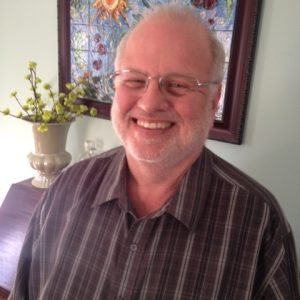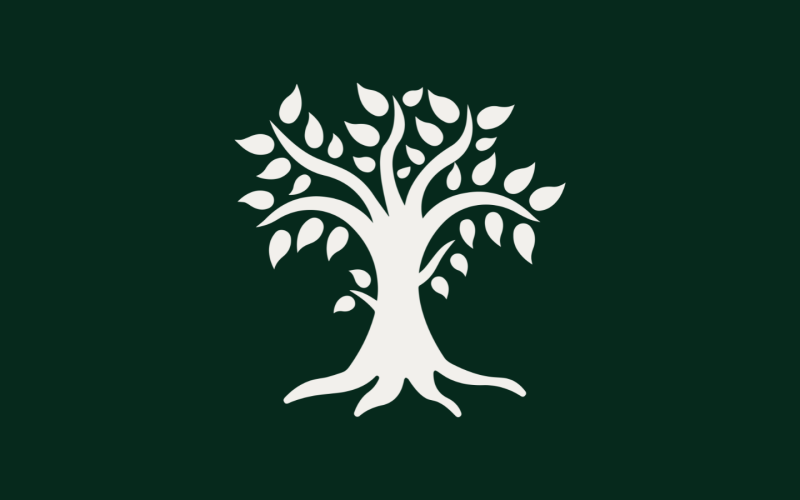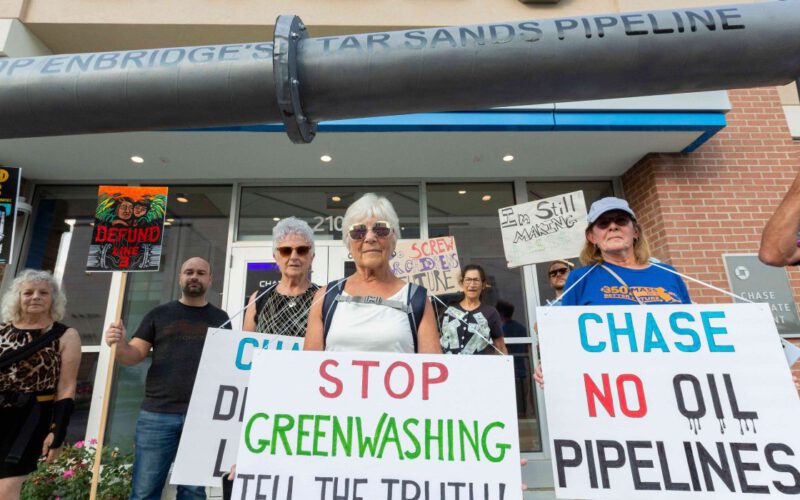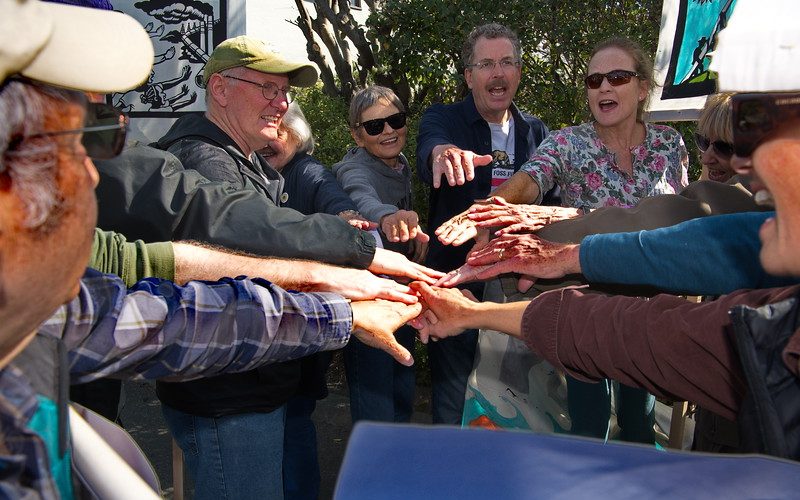David Mann has spent almost his entire life in organizing. He has grown grassroots campaigns from the ground up. In this article, he writes about his journey and how adopting a values-based narrative and vision changed the model and impact for grassroots organizations across Minnesota.

I grew up In Central Pennsylvania. My post-college organizing work was co-leading an all-volunteer network of people working in northeast Pennsylvania to oppose nuclear power plant construction and support the development of renewable energy. I was living in a small town where so many of us also did Central America solidarity work and whatever else came along. We had some wins through organizing people power but it soon became clear that it wasn’t enough.
In the fall of 1987 I was ready for something bigger so I packed up my car and moved to Minnesota hoping to find work in Jesse Jackson’s campaign for President. I was drawn to the idea of the Rainbow Coalition where groups shared a common purpose and the intent to collaborate. Well, they weren’t hiring! So, while volunteering for the campaign, I helped found a multi-issue, multi-constituency coalition that would live beyond a presidential campaign. (Paul Wellstone was a founding board member.) The coalition was grounded in a set of principles that groups had to sign on to and we were deliberate about using those principles to decide what campaigns, among the many opportunities, we would work on. We did experience some wins that demonstrated the power of having an infrastructure that brought and held us together, along with the power of organized people.
I began to realize that challenging public narratives and offering a different way to understand what is possible was another form of power.
Yet as in my small Pennsylvania town, after 13 years I was seeing the limits of this model of organizing. I was hungry to learn more about how to build on all that I had learned and experienced- how to create greater change. I turned to the Civil Rights movement and noticed that while they organized people power and built infrastructure, they also had a story, a values-based narrative and vision that guided them – the Beloved Community. I began to realize that challenging public narratives and offering a different way to understand what is possible was another form of power. For the next 15 years I worked with organizations, mostly in Minnesota, developing strategies that moved beyond simple wins to making even bigger ones possible. This included the integration of the three forms of power described above: organized people, built infrastructure, and a values-based narrative.
In 2004-2005 my work with ISAIAH helped launch their work in a new direction where they connected the multiple issue campaigns with values that offered a contrast with those then dominating the public discourse. They offered hope vs fear, community vs isolation and abundance vs scarcity. The lobbying training was very different in 2005. Instead of training people on the specifics of legislation, ISAIAH invited them to tell their own story, grounded in hope, community and abundance – focusing on the “why” rather than the specifics of policy – and asking legislators what values guided their decisions making. It launched an evolution of their work that eventually engaged other organizations.
In 2018 progressive groups came together with two major themes – Politics of Joy and Greater than Fear – that contributed to the election of Tim Walz as Governor by counteracting the fear-mongering of the Republicans. These organizations were also a huge factor in electing the Minnesota trifecta that everyone is talking about and in setting the agenda for 2023-2024. Now we see some of these themes playing out at the national level. Many people have contributed to the framing of last week’s Democratic National Convention, but some of it certainly has its origins in Minnesota grassroots organizations.
COVID set in soon after I stopped working for pay and, like for many, my life was put on hold. It took me a while to figure out how I wanted to next contribute. I care deeply about the effects of the climate crisis and what is happening to our earth home. And it was becoming hard to look my 26-year old son in the eye while not acting in some way.
Experience has taught me that learning to write from a broader set of values requires not only learning new skills but also unlearning old ones – like the desire to respond to every lie or misstatement.
I was glad to find my way to Third Act Minnesota last spring. I was drawn by the focus on a set of principles and collaborative work. When I was asked to develop a plan for Minnesota Third Actors during the election this fall I saw an opportunity to bring my experiences into the work of the Keyboard Warriors, a set of members who write letters on a regular basis to shape a larger story around this election, told from the perspective of elders. As it turns out, our mission matches up well with the Harris-Walz key themes.
Experience has taught me that learning to write from a broader set of values requires not only learning new skills but also unlearning old ones – like the desire to respond to every lie or misstatement. But that just keeps us stuck in their story so pivoting to the anecdote is very powerful. The writing guide I developed is a tool to help people change their natural inclinations when writing publicly, especially in the context of an election.
Hopefully, my fellow Third Actors reading this will also find it useful.

David Mann
David Mann is retired. For the last 15 years of working, he worked in partnership with community organizations to develop the long-term strategies and concrete shorter-term plans necessary for creating significant change. A key component of this work was helping organizations develop and elevate public narratives about their work that are grounded in a set of values, beliefs and assumptions which are often different than those in the narratives that dominate public discourse.
David has 40 years experience with issue and electoral campaigns, grassroots organizing and education, coalition building, public policy, leadership development, participatory education curriculum development, strategy development, fundraising, organizational management and organizational development.



